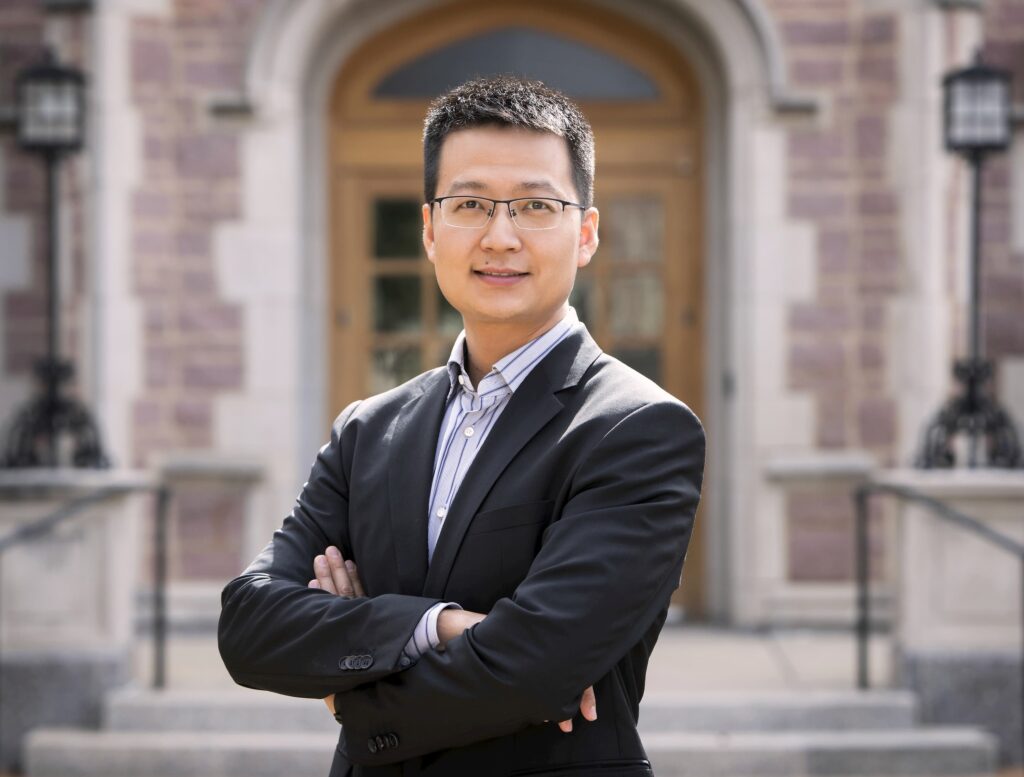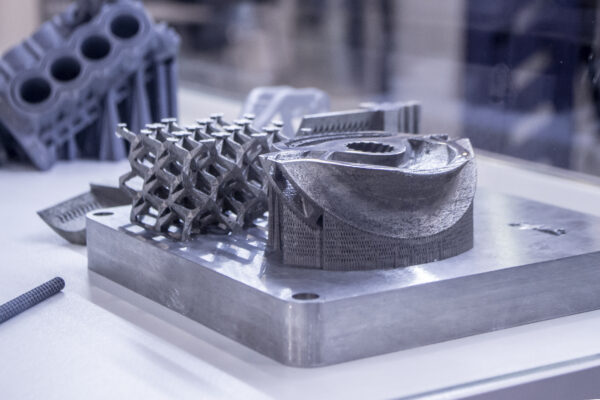Lithium-ion batteries (LIBs) have revolutionized the way people live, enabling transformative electronic devices, portable power tools and electric vehicles. They are popular choices of energy storage technologies, wherever high-energy density, high-power density and system simplicity are required. However, elusive safety accidents, especially life-threatening fires and explosions, have become a major and urgent concern. Failures of LIBs and other high-energy batteries originate from microscopic heterogeneities, which are difficult to be monitored, analyzed and predicted by existing electroanalytical methods.

Peng Bai, assistant professor of energy, environmental and chemical engineering at Washington University in St. Louis’ McKelvey School of Engineering, has been preparing to better understand the dynamic heterogeneities in the electrodes of lithium-ion and other high-energy batteries. Bai has received a five-year $503,025 CAREER Award from the National Science Foundation. These awards support junior faculty who model the role of teacher-scholar through outstanding research, excellence in education and the integration of education and research within the context of the mission of their organization. One-third of current McKelvey Engineering faculty have received the award.
“We have been focusing on reaction heterogeneities in batteries because they are the birthplace of safety hazards,” Bai said.
Read more on the engineering website.



Comments and respectful dialogue are encouraged, but content will be moderated. Please, no personal attacks, obscenity or profanity, selling of commercial products, or endorsements of political candidates or positions. We reserve the right to remove any inappropriate comments. We also cannot address individual medical concerns or provide medical advice in this forum.